Program Overview
Becoming a music teacher in school settings is a very rewarding career path for many musicians. If you love music and want to facilitate meaningful musical experiences with learners, music education is the profession for you. Our graduates become school and community music teachers, private music instructors, ensemble directors, and performers.
Our cross-college partnership between the School of Arts and the Department of Education gives you a pathway to gain licensure to teach music in grades PreK-12. We have an active presence on campus, across Vermont, and throughout the northeast.
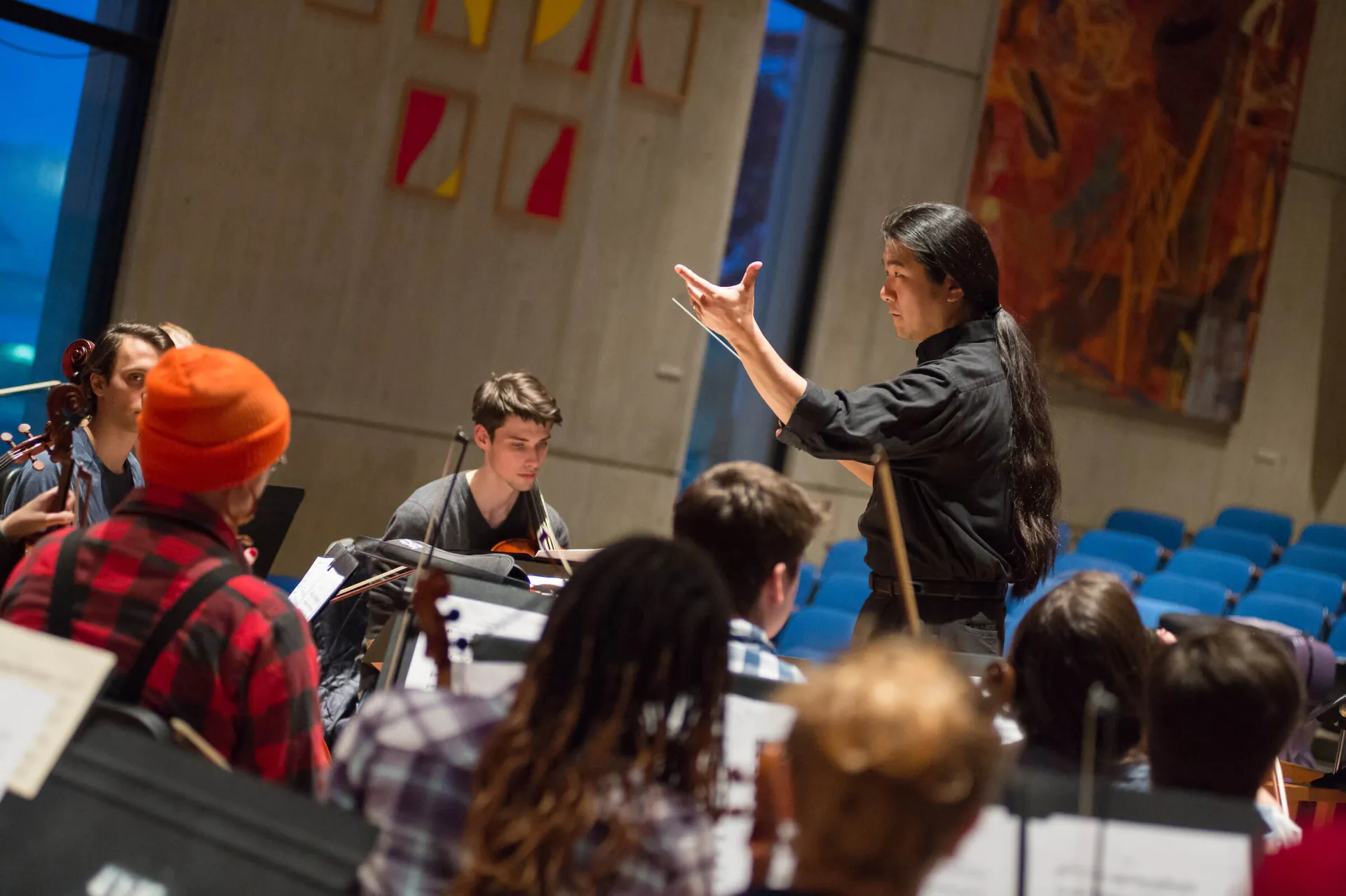
We enjoy an active presence on campus as well as within Vermont and the northeast. You will learn the musical and pedagogical knowledge and skills for success in today's classrooms. Our graduates become music teachers, private music instructors, band/orchestra conductors, and performers.
Activate Your Learing in a Vibrant Community
Music Education majors engage in local schools as early as their first semester of study. Some students act as assistants for school festivals, after-school programs, or the nationally acclaimed Music-COMP Project.
As a senior, you will complete a full-time teaching internship under the mentorship of an experienced music educator.
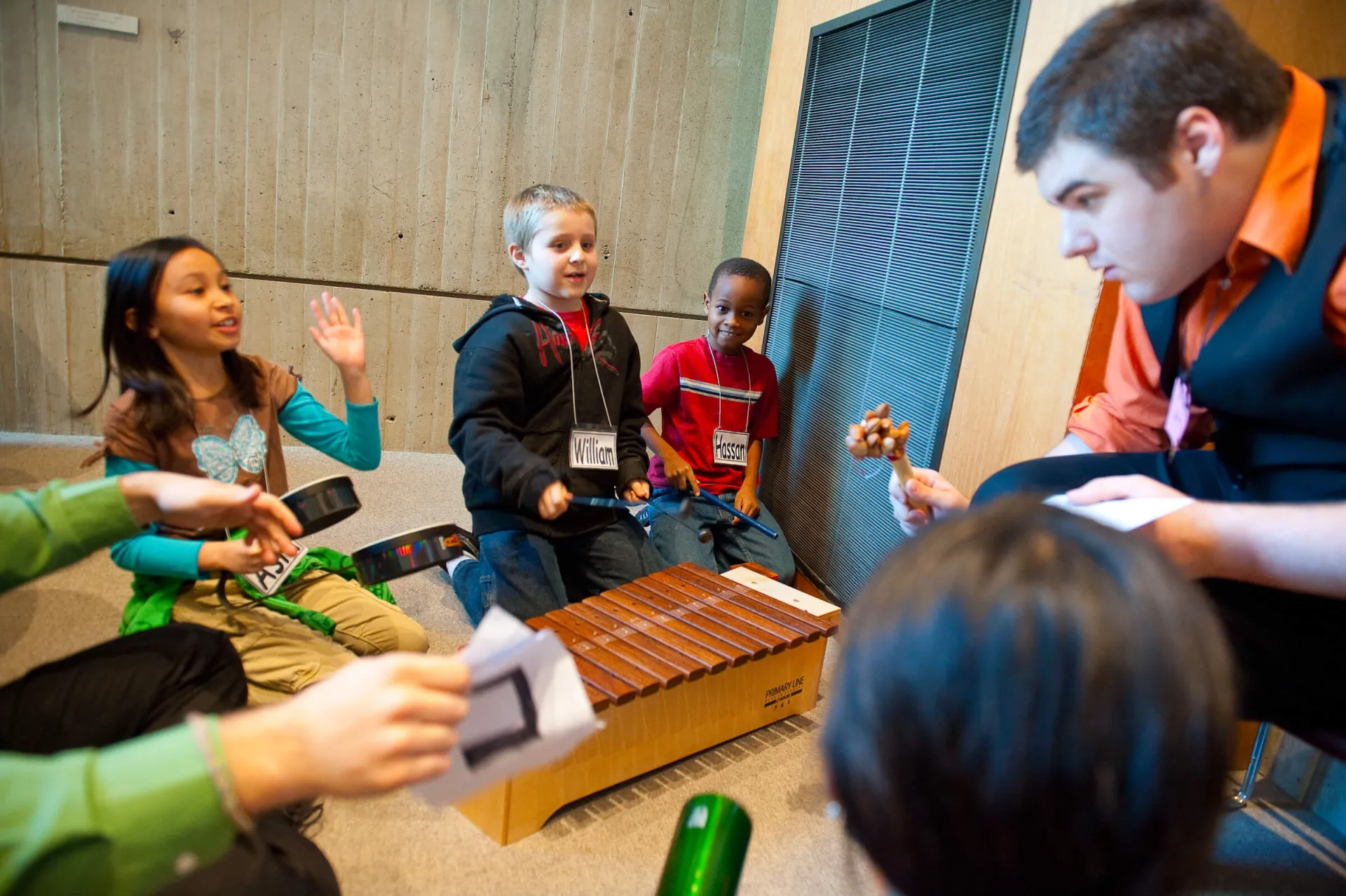
We also offer opportunities to interact with state and national organizations at regional conferences, such as:
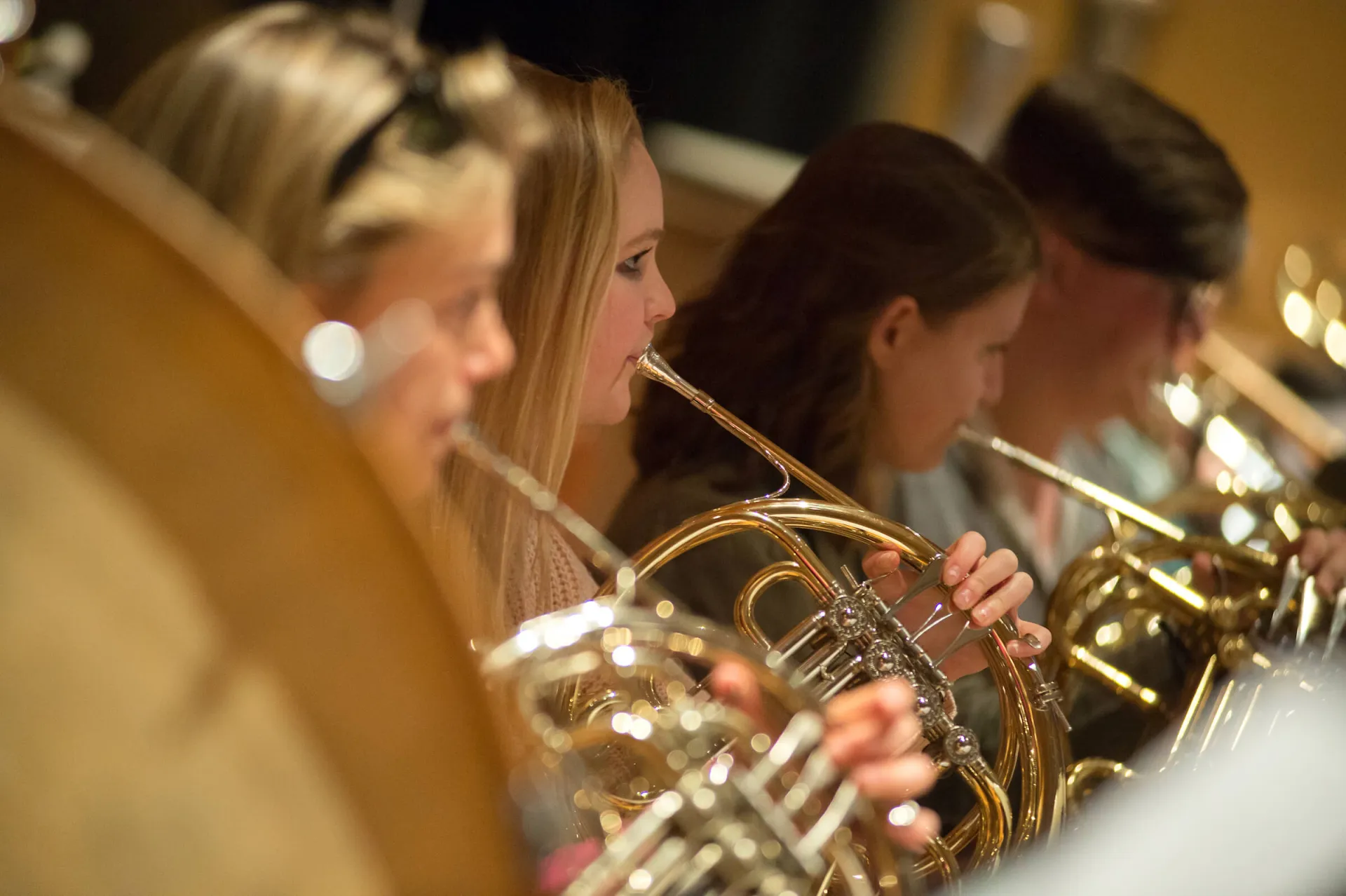
Exceptional Faculty
Our faculty are published, recorded, and nationally and internationally acclaimed. They serve as touring musicians and work with exceptional local groups such as Vermont Youth Orchestra, Vermont Symphony Orchestra, and Vermont Jazz Ensemble.
Commitment to Your Success
Your success is our highest priority. Enjoy ongoing mentoring and support from your advisor, award-winning faculty, staff, and our student services team. You will also develop close and enduring connections with classmates in your cohort and mentors in the field.
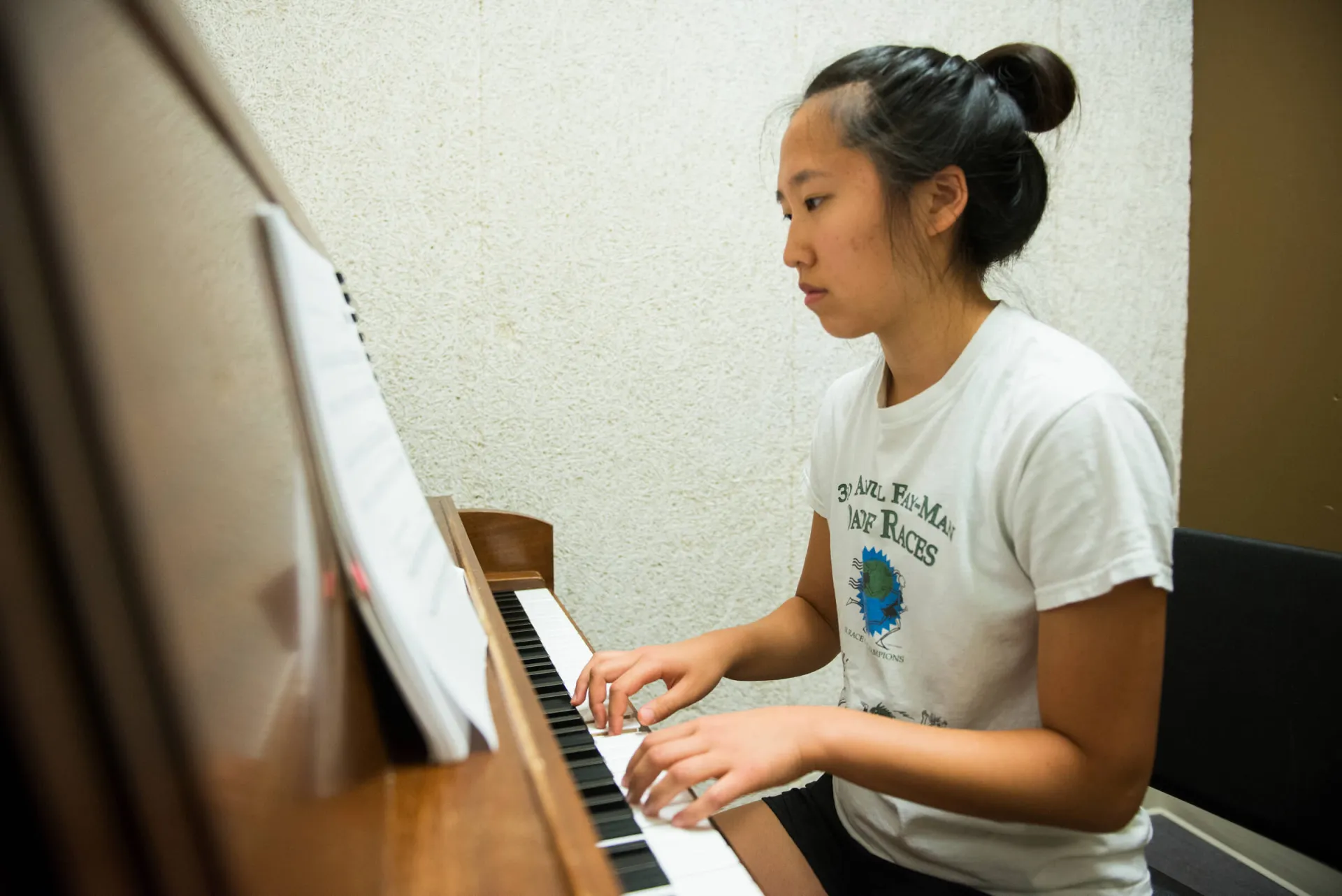
Alumni Success
Teaching is a rewarding profession that is also in high demand. Our graduates find career success in Vermont, throughout the country, and around the world. UVM's nationally accredited teacher education programs lead to an endorsement for Vermont licensure. While we hope you will stay and teach here in Vermont, our Director of Licensure will help you navigate acquisition of licensure no matter where you go.
Music Education graduates enjoy high job placement rates and are active as performers, conductors, gigging musicians, music directors of local theater productions, and studio teachers.
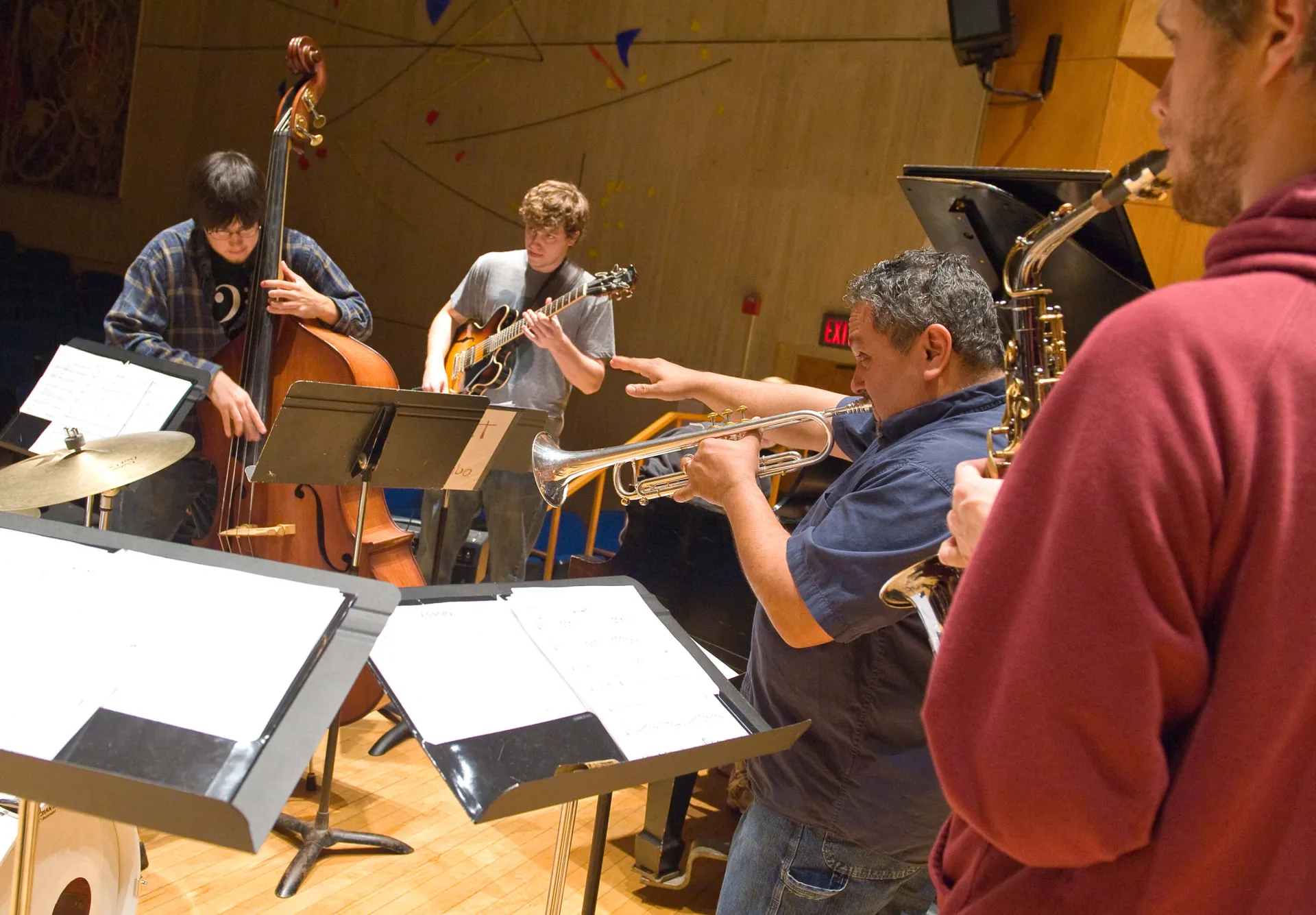
Funding Your Degree
Explore generous financial assistance opportunities: UVM Financial Aid and Scholarships
Admissions
Apply, Visit, or Request Information
Reach out to our Student Services Office. We would love to hear from you!